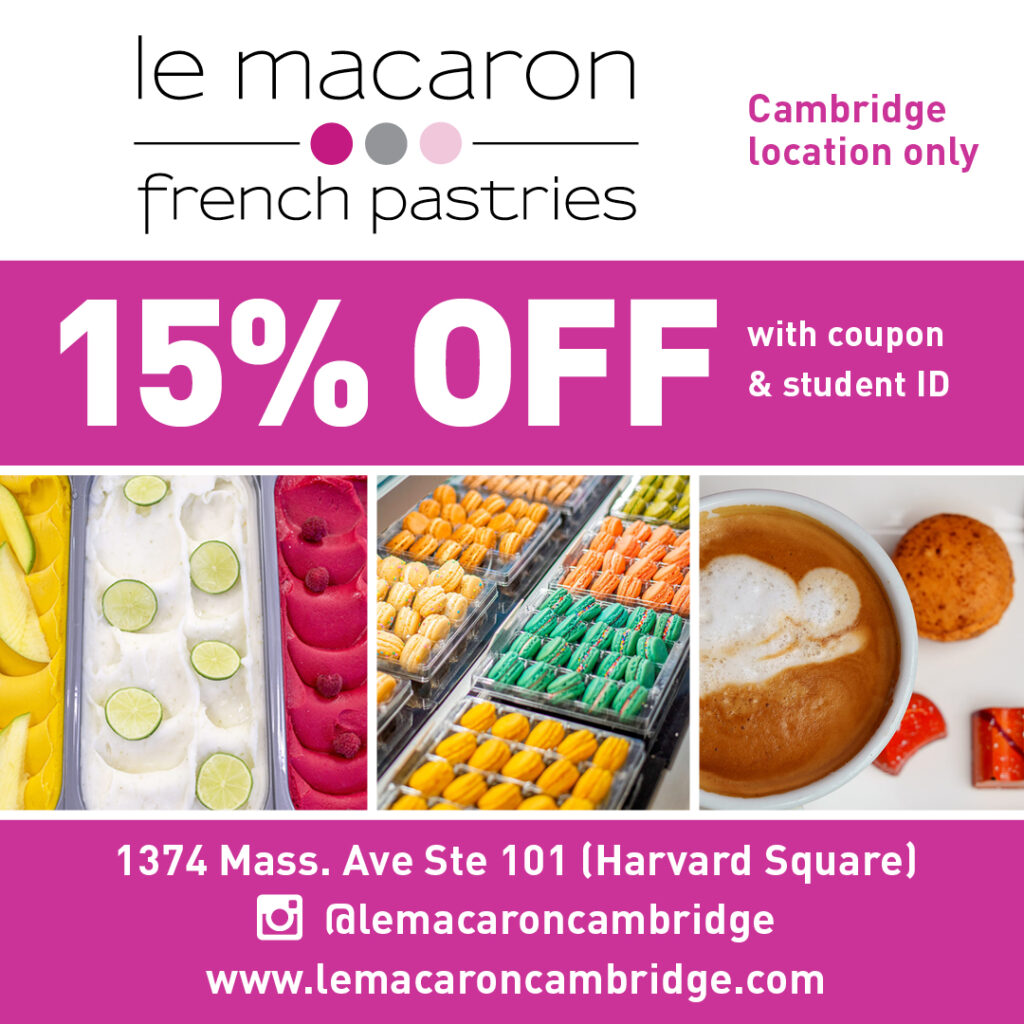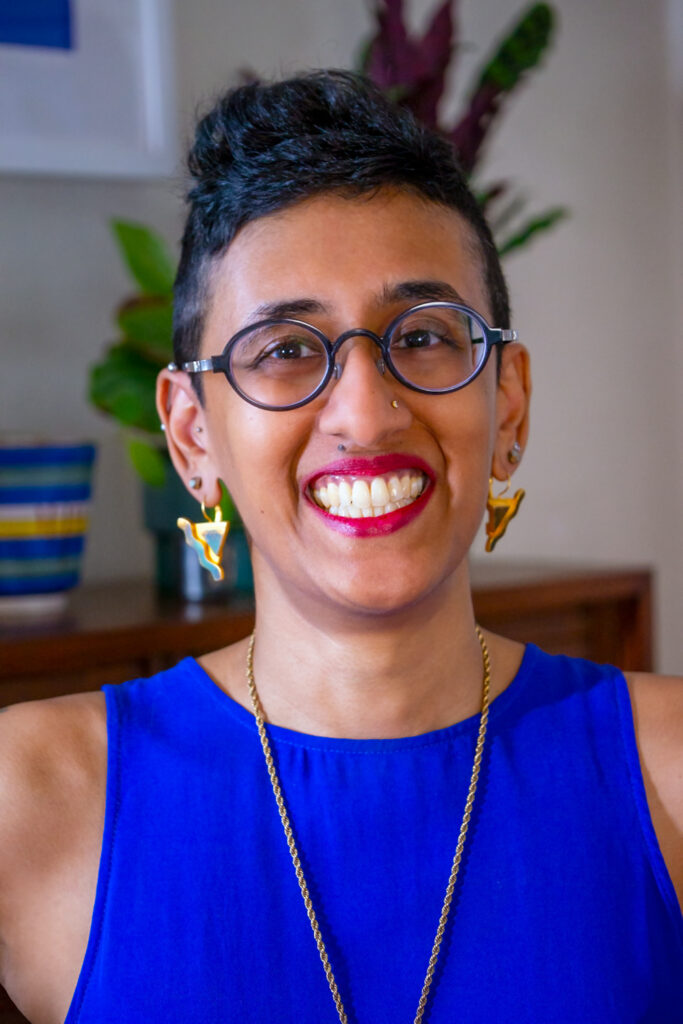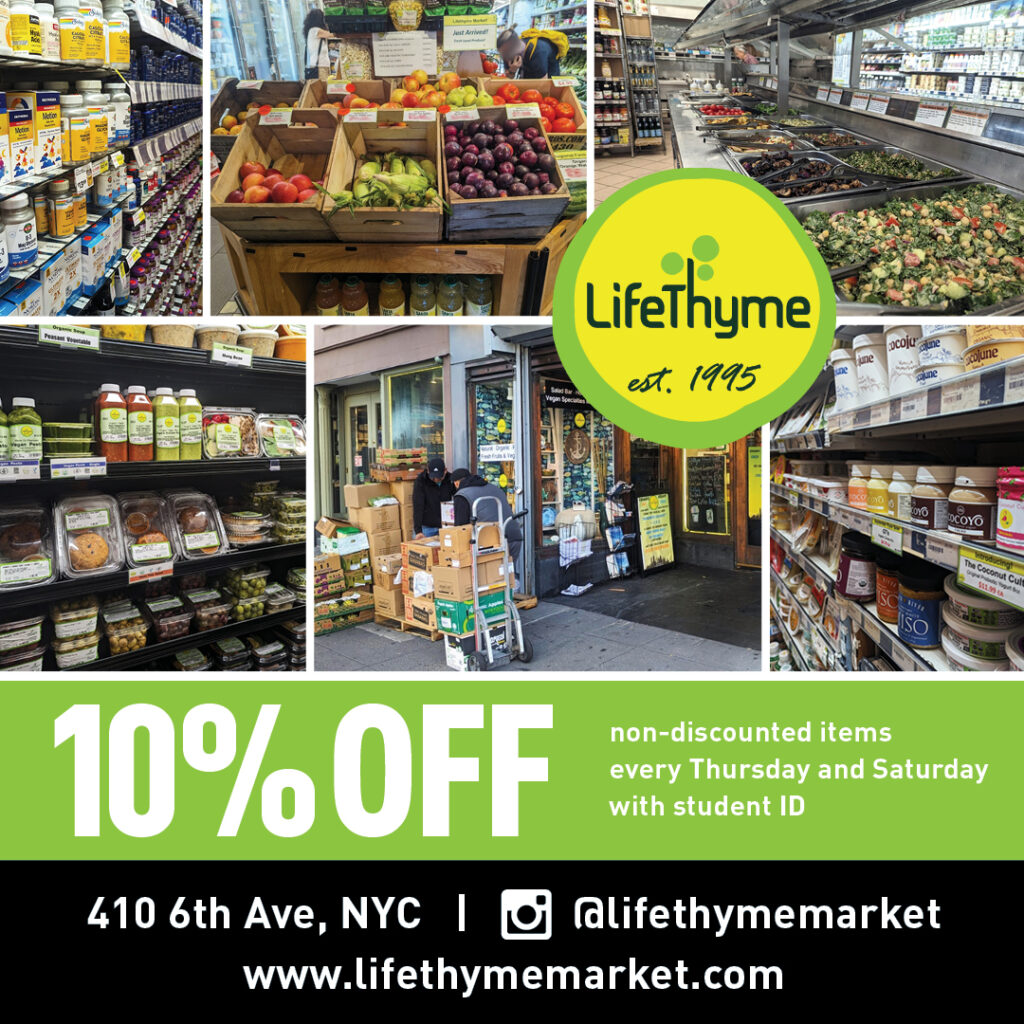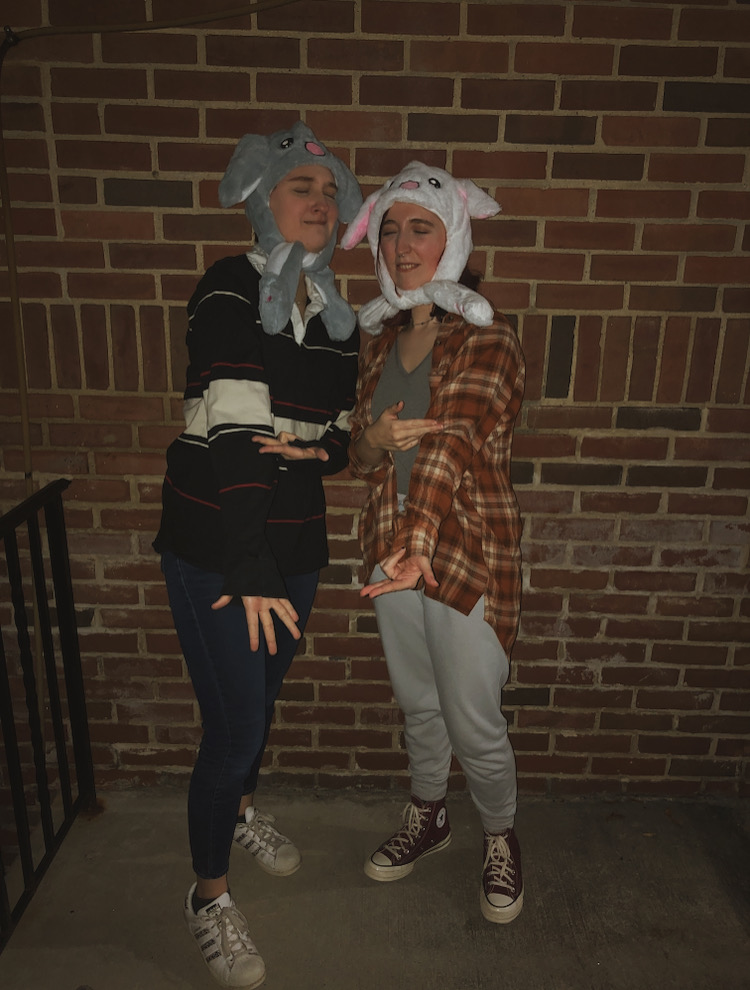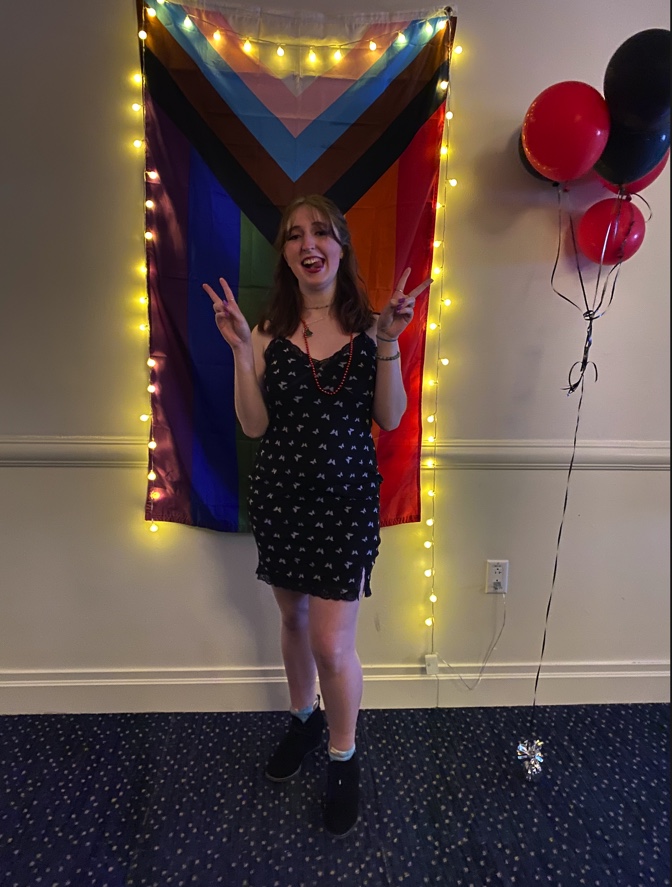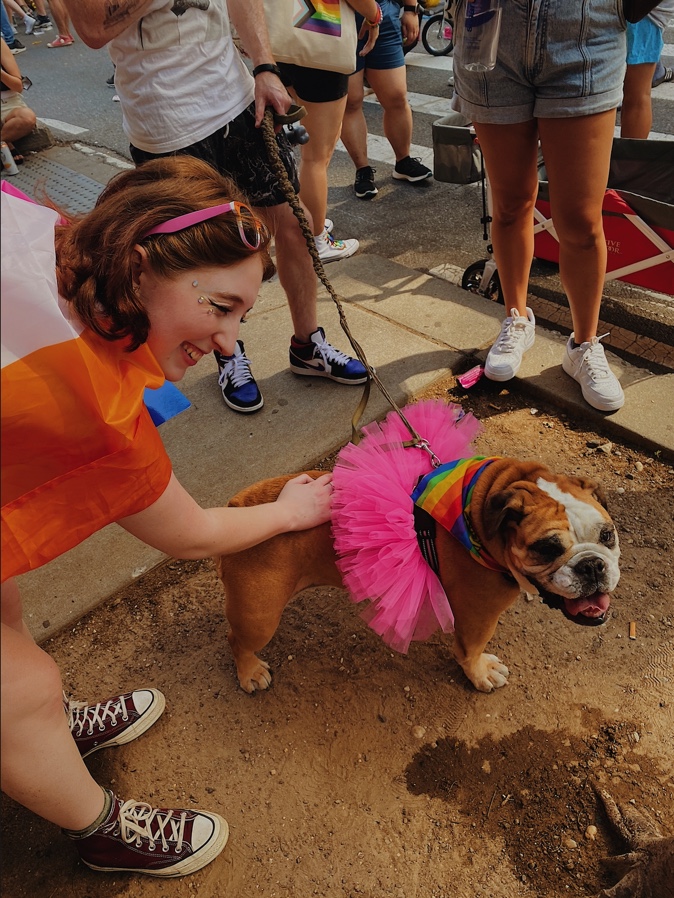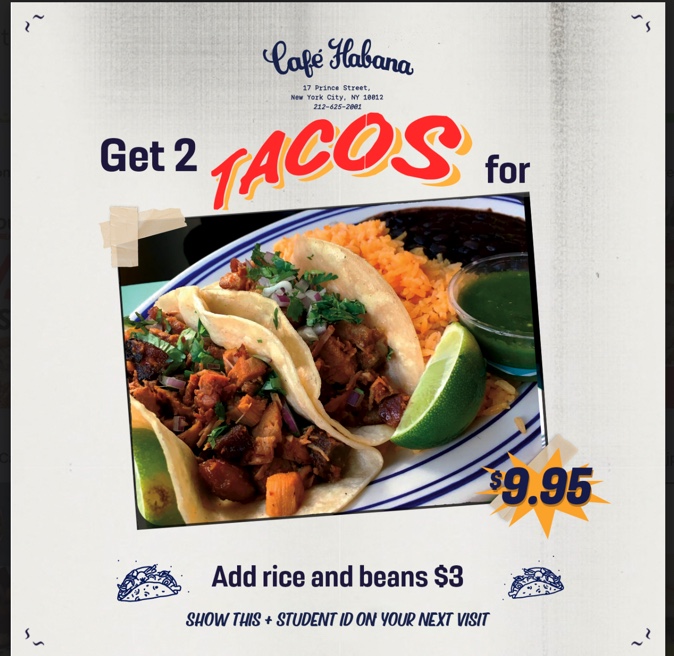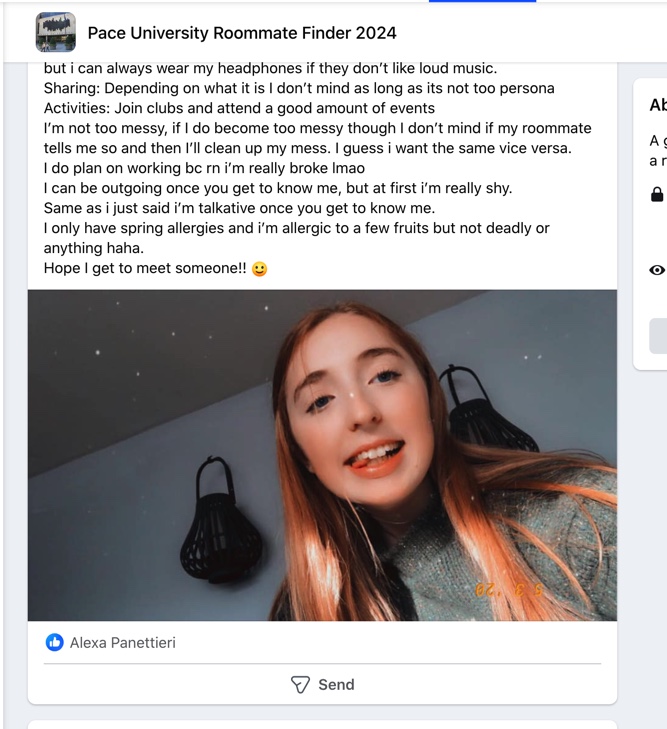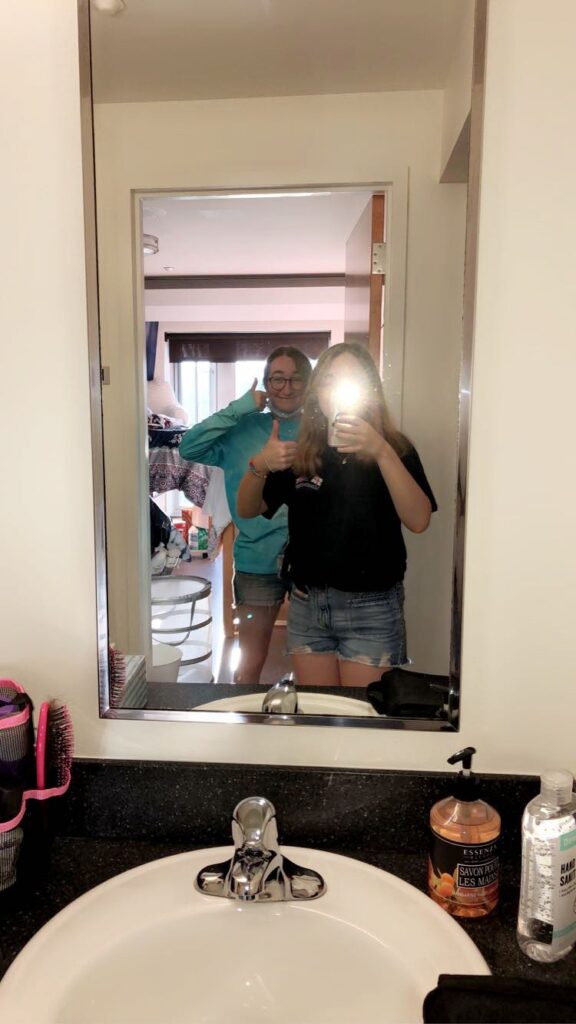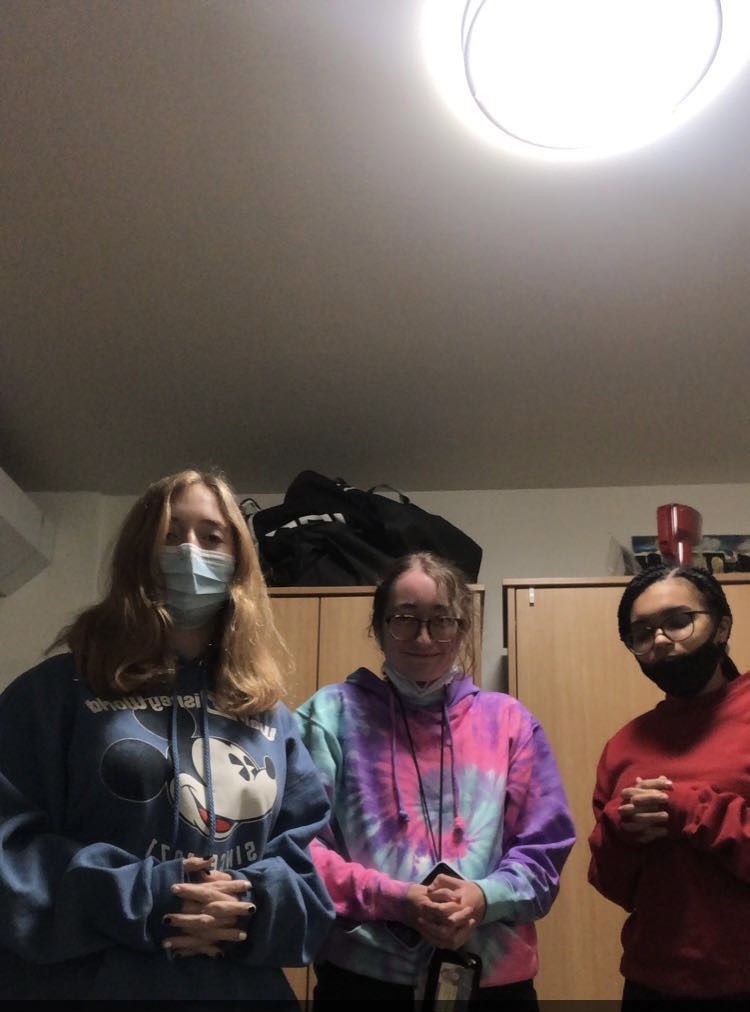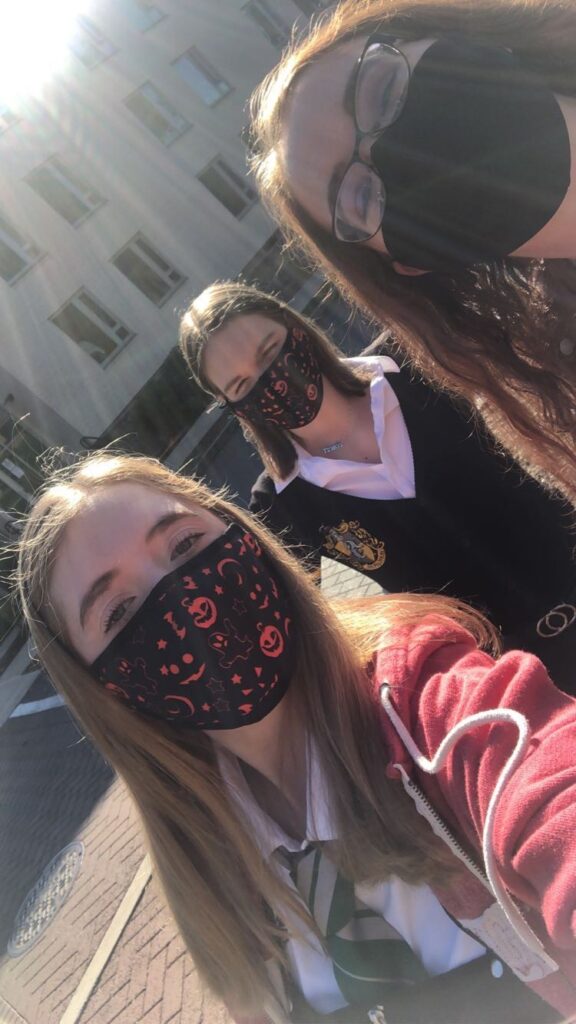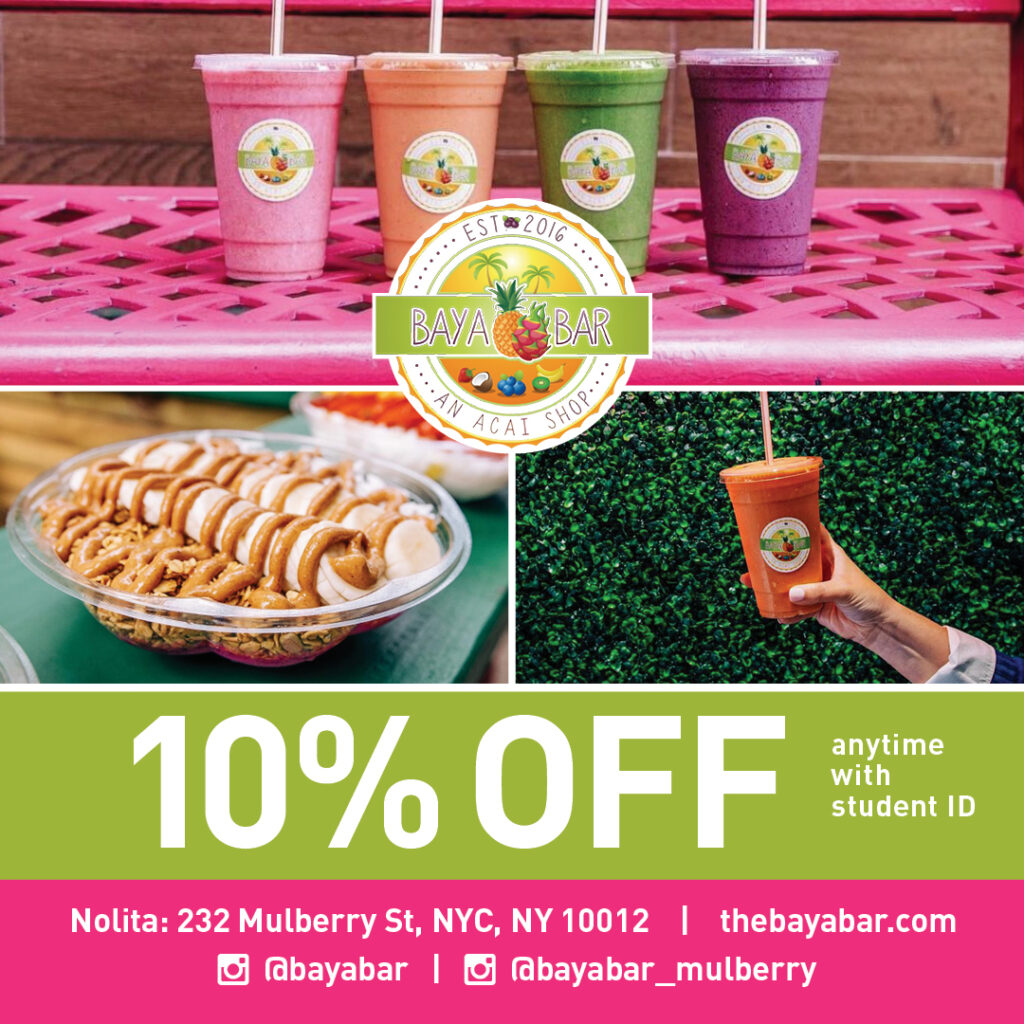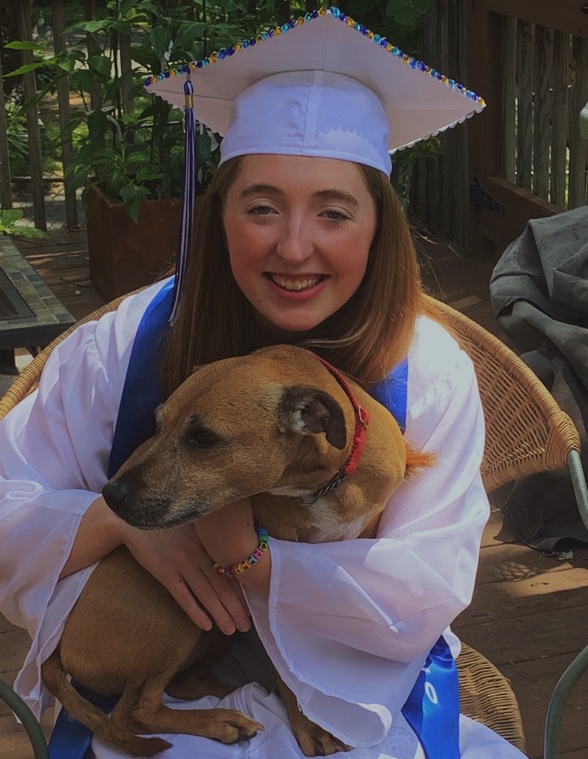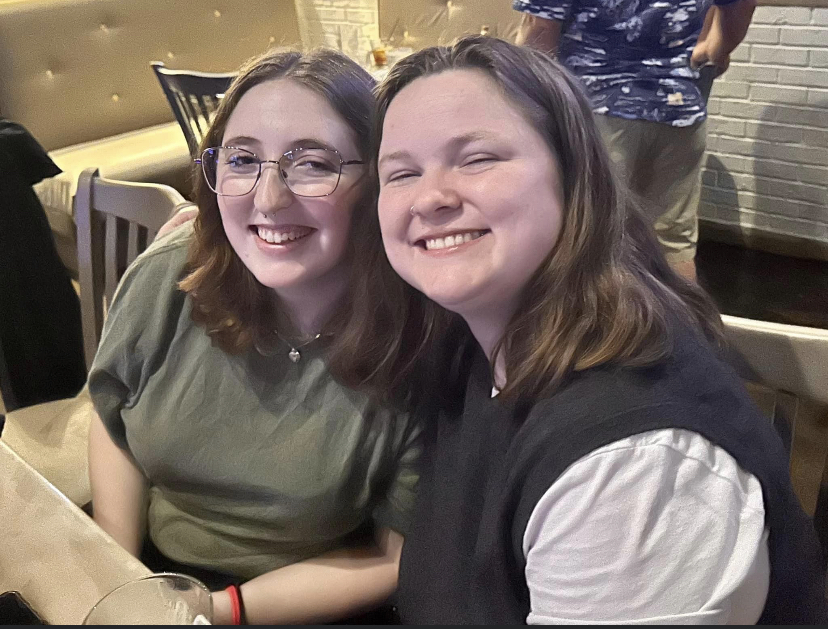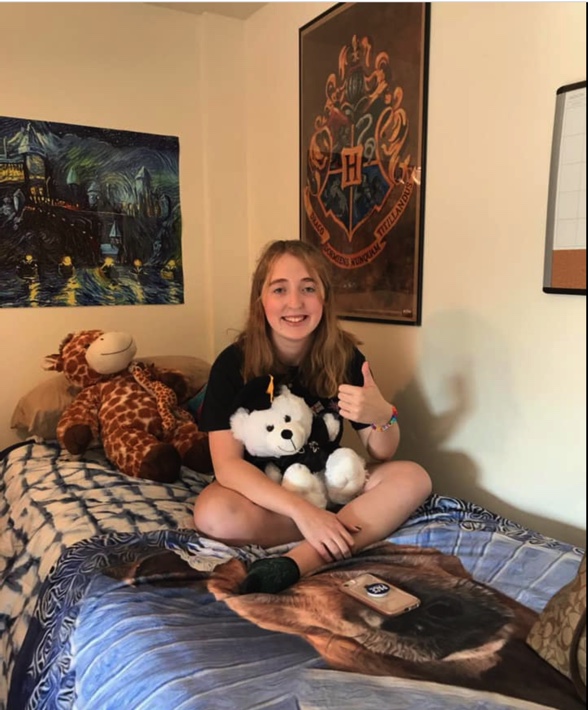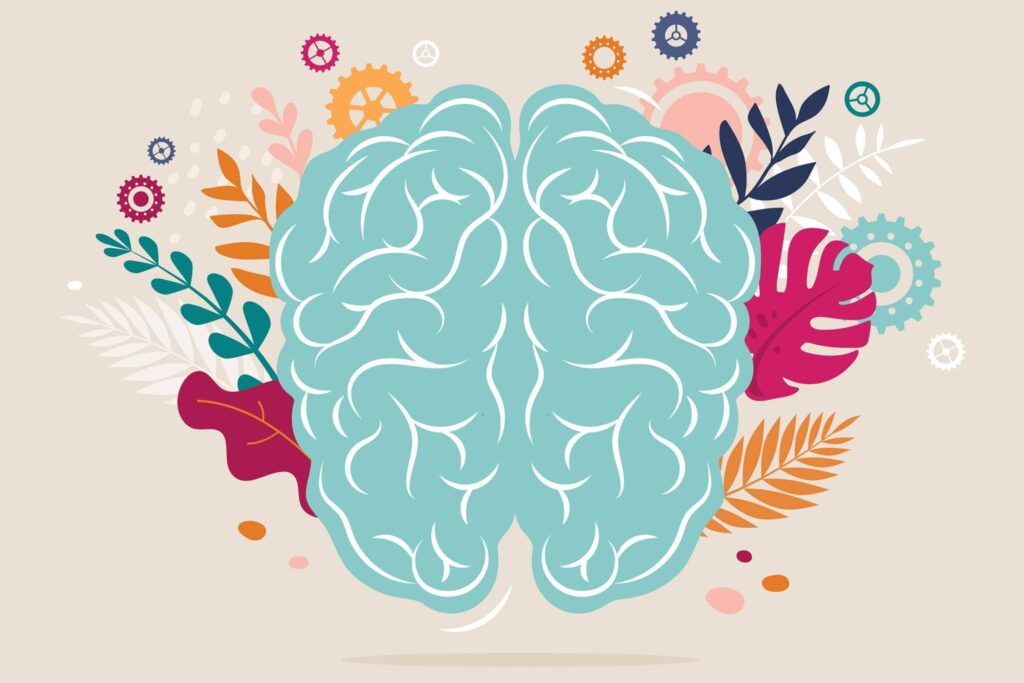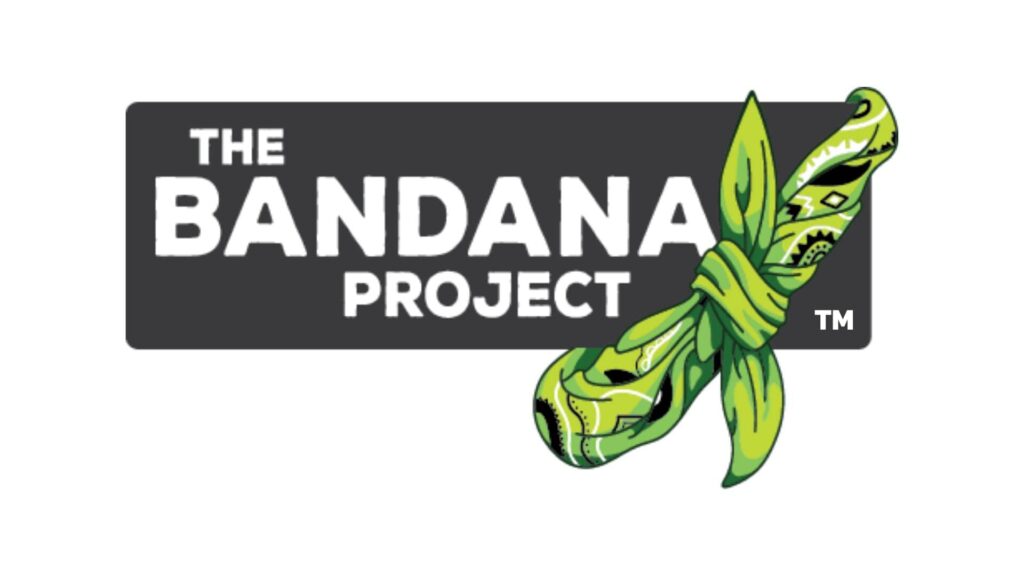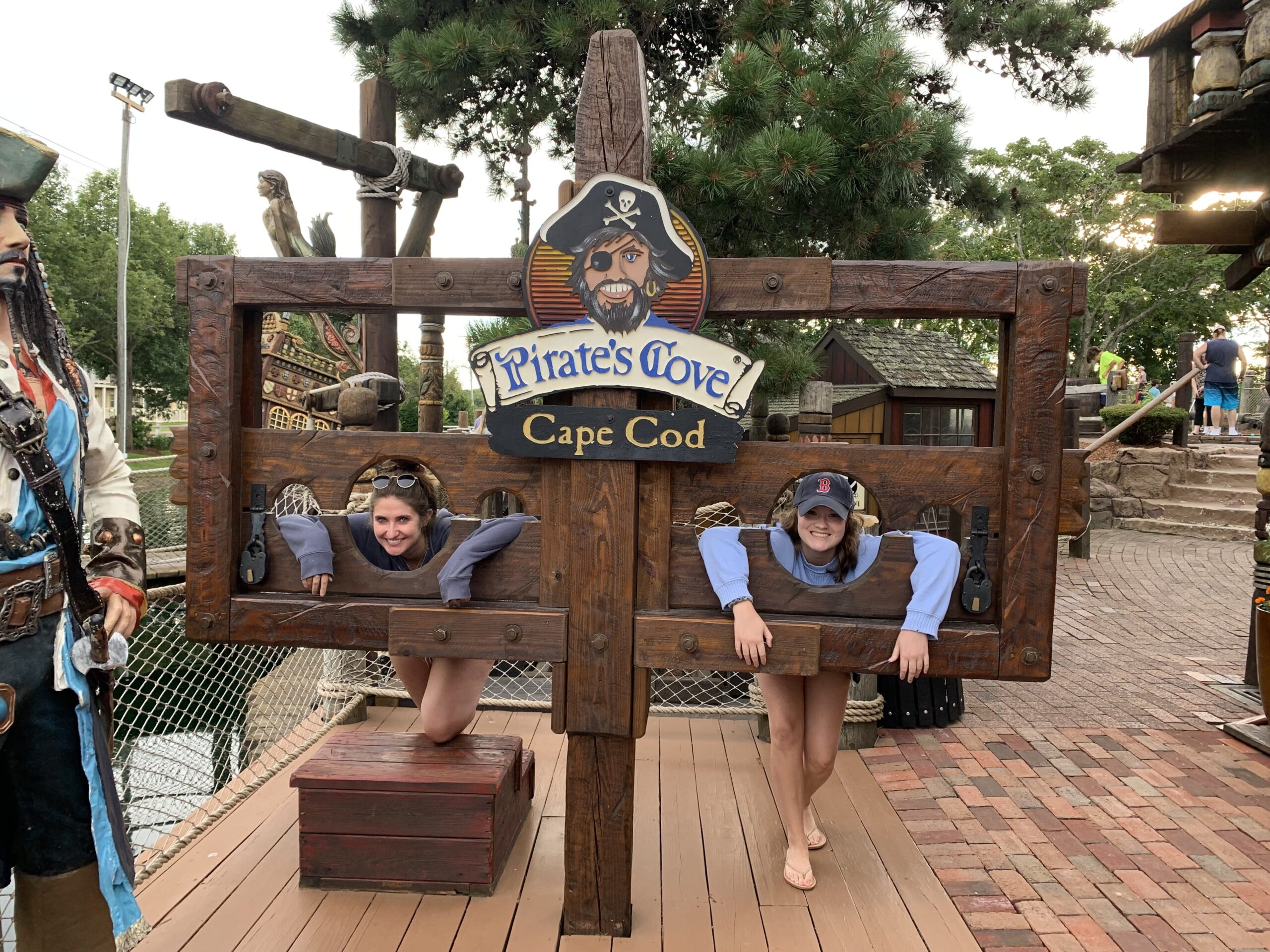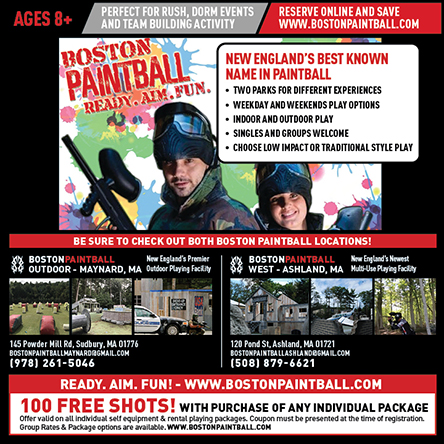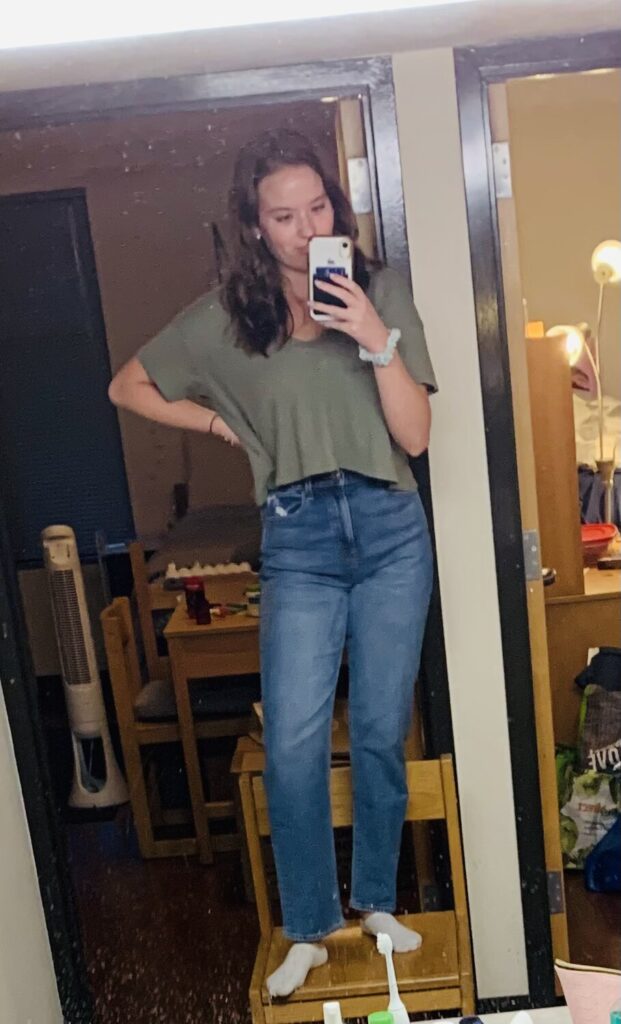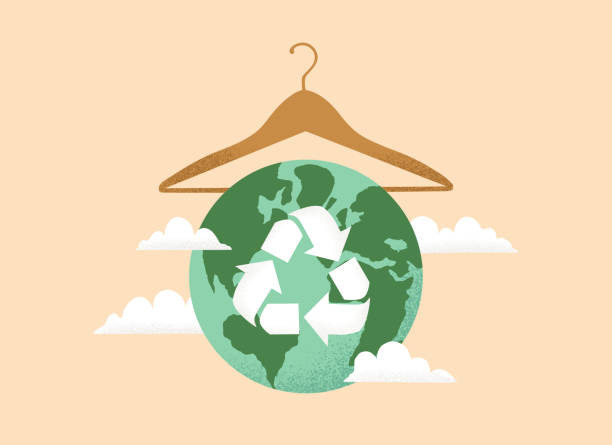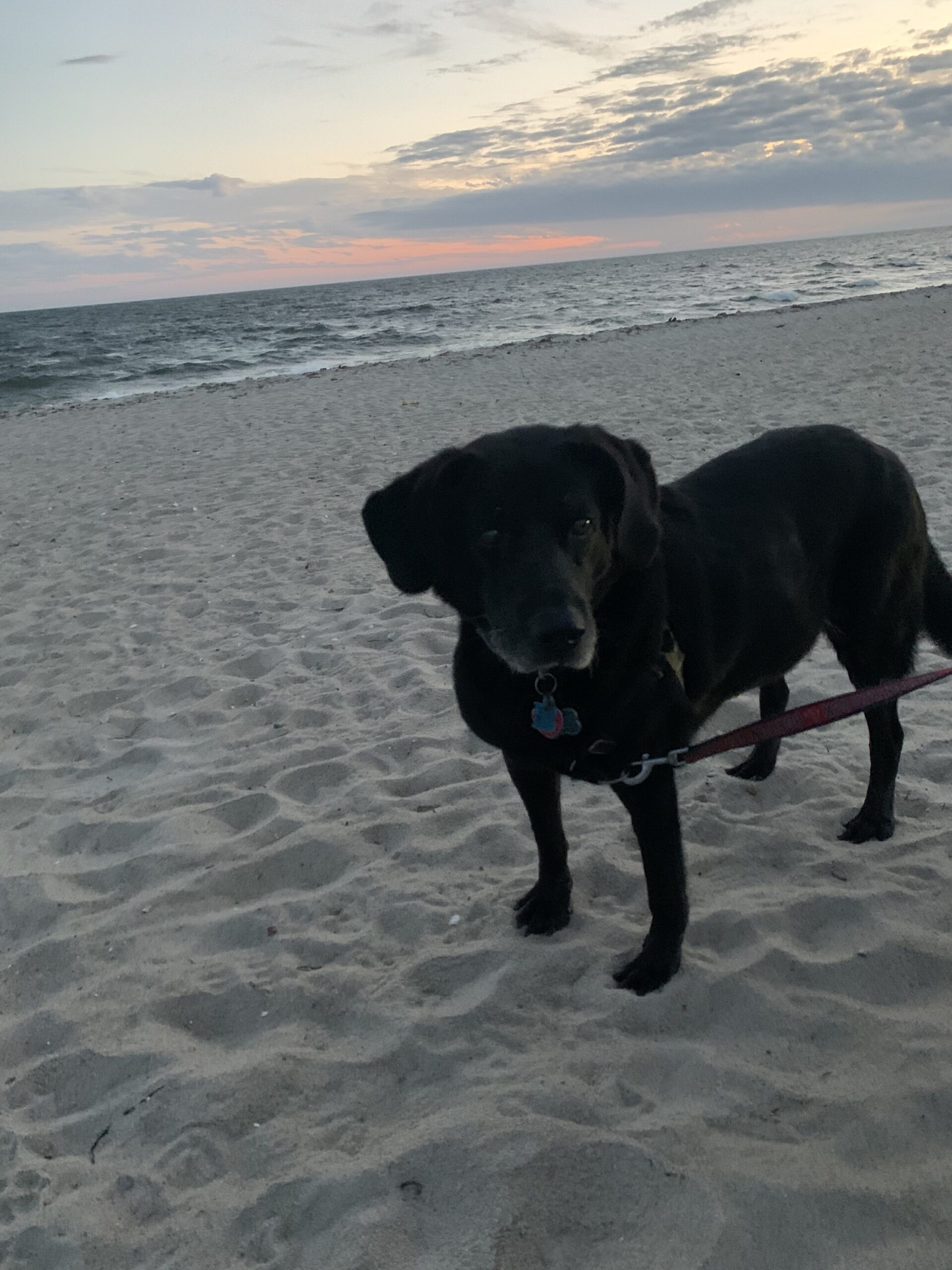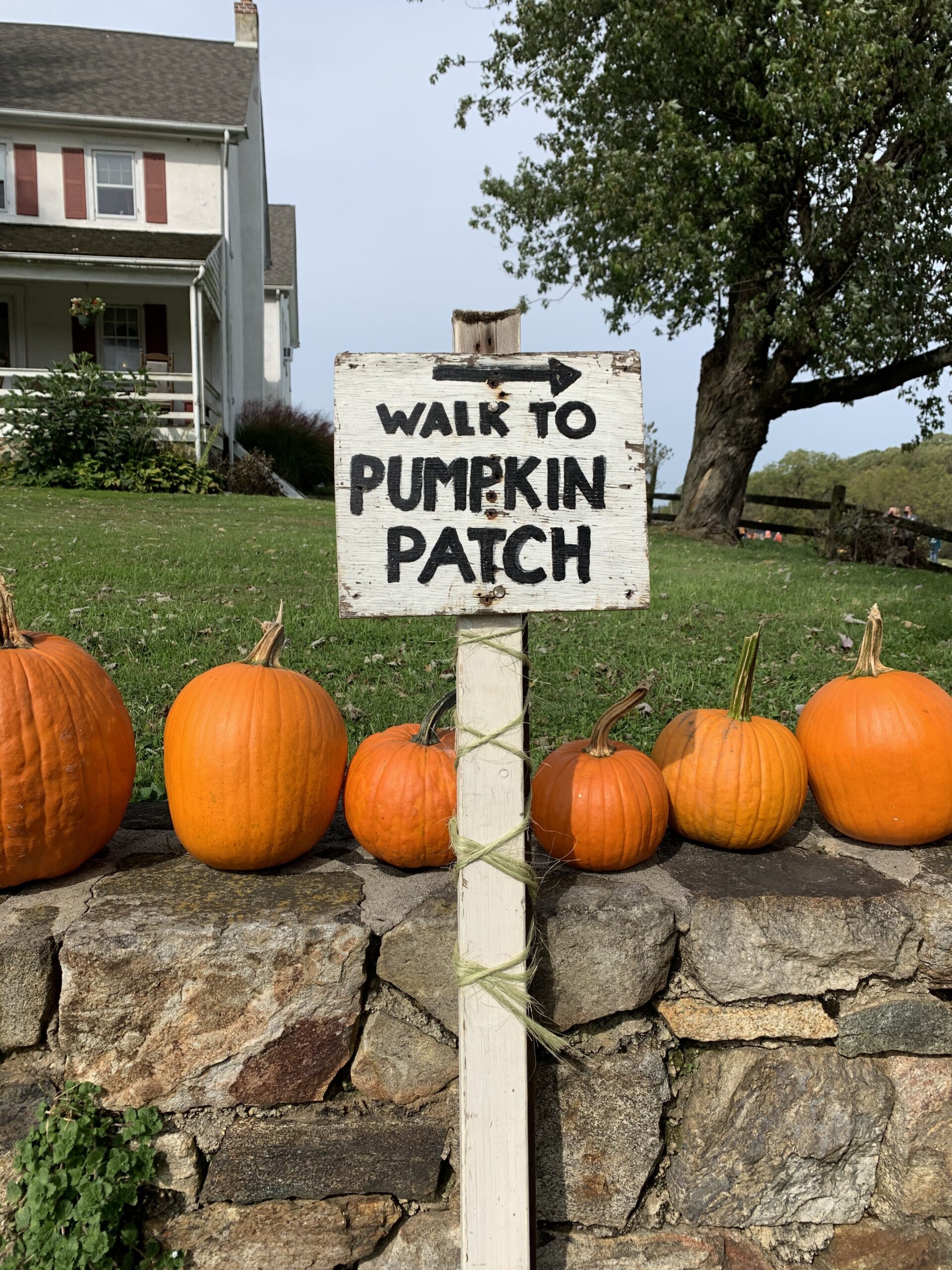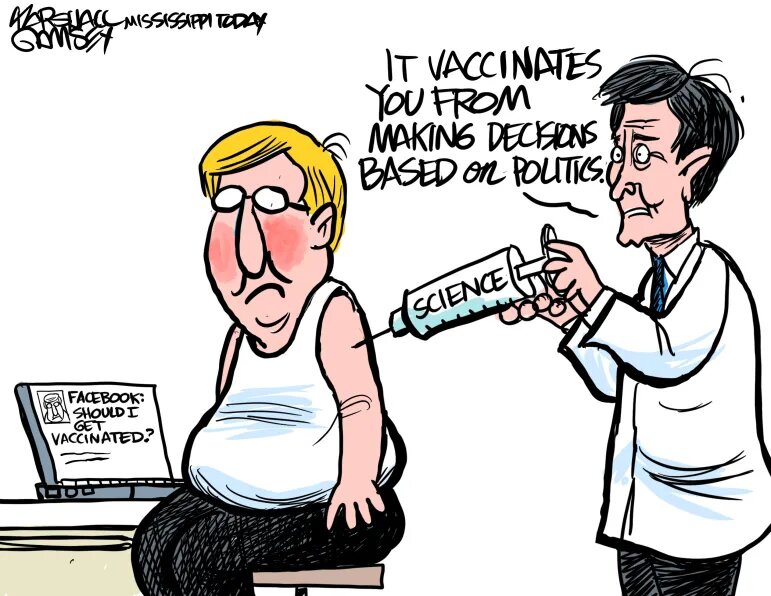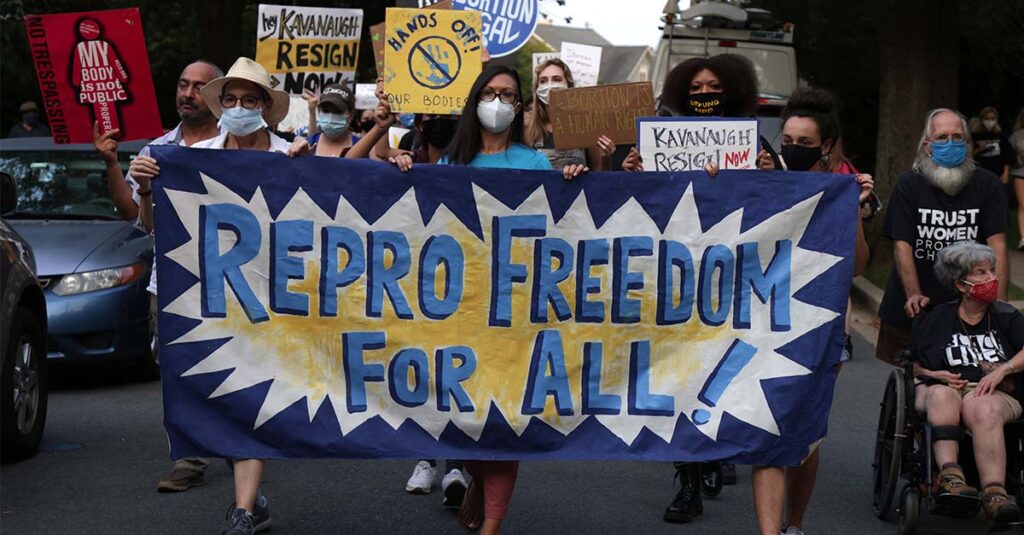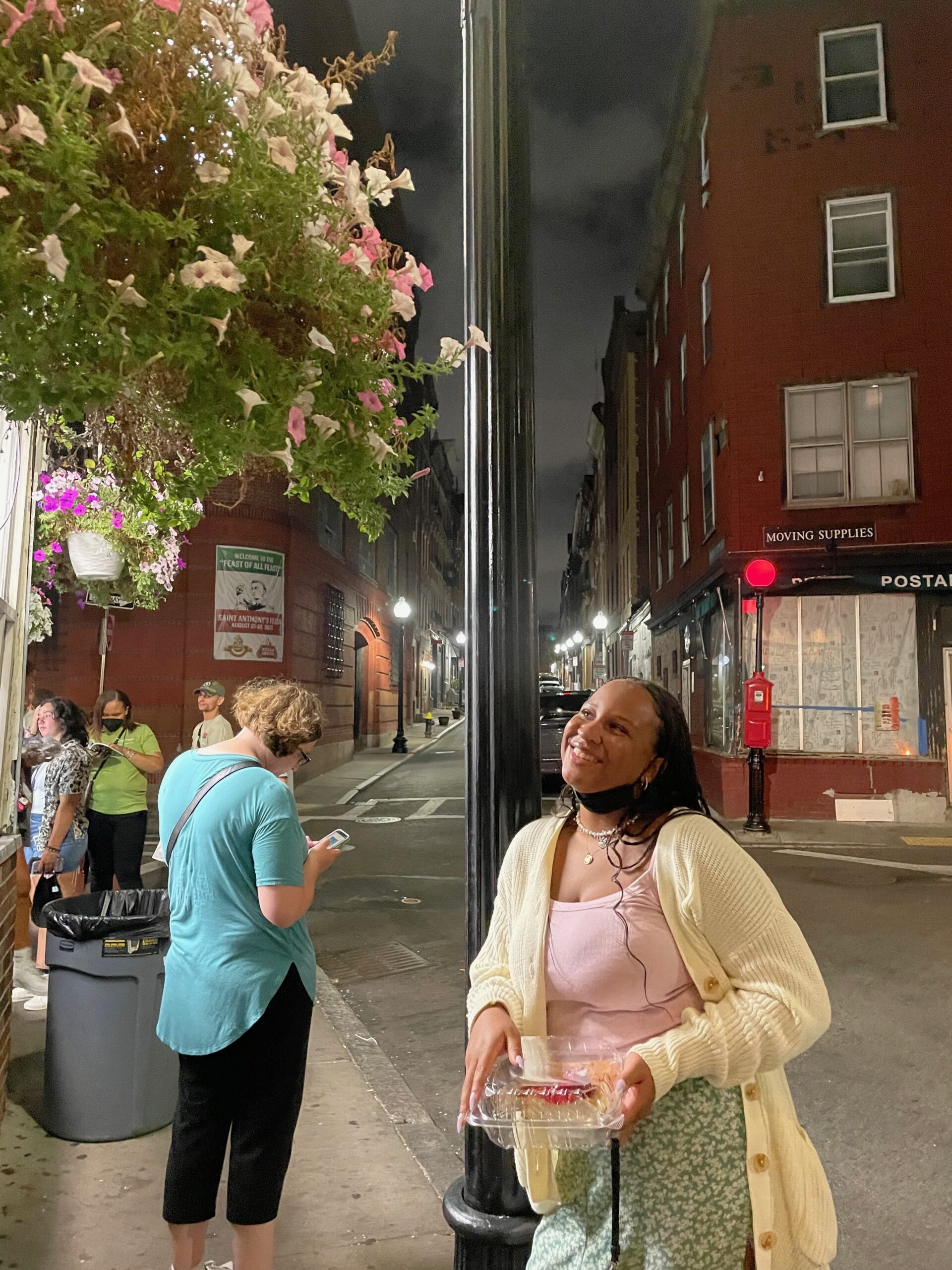
It seems that no matter how hard you try, sickness always creeps up on you in the worst moments. My first semester of freshman year was one of the busiest times of my life and I was terrified of getting sick. I was juggling a heavy course load, a staff writing job, and dance team rehearsals. Because of all this, being sick and out of commission for days didn’t feel like an option for me. All around me friends and classmates were falling victim to the “freshman flu,” a sickness with no cure, no timeline, and no perceived end that always made its way around freshman dorms during the fall semester. I heard stories from classmates in years above me of catching it during orientation week and fighting it off until Thanksgiving break which only worsened my health anxiety.
I did everything I could to avoid it. For weeks I wore a mask everywhere, washed my hands constantly, and took loads of immunity vitamins. Then one morning I woke up with a tickle in my throat and an ache in my head. By that afternoon I was bedridden with a fever, so I dragged myself to the health center the next day for tests. Flu, COVID, and strep all came back negative and I felt relief wash over me. But in the glimmer of hope that came with negative results, I saw the truth; I had the freshman flu.
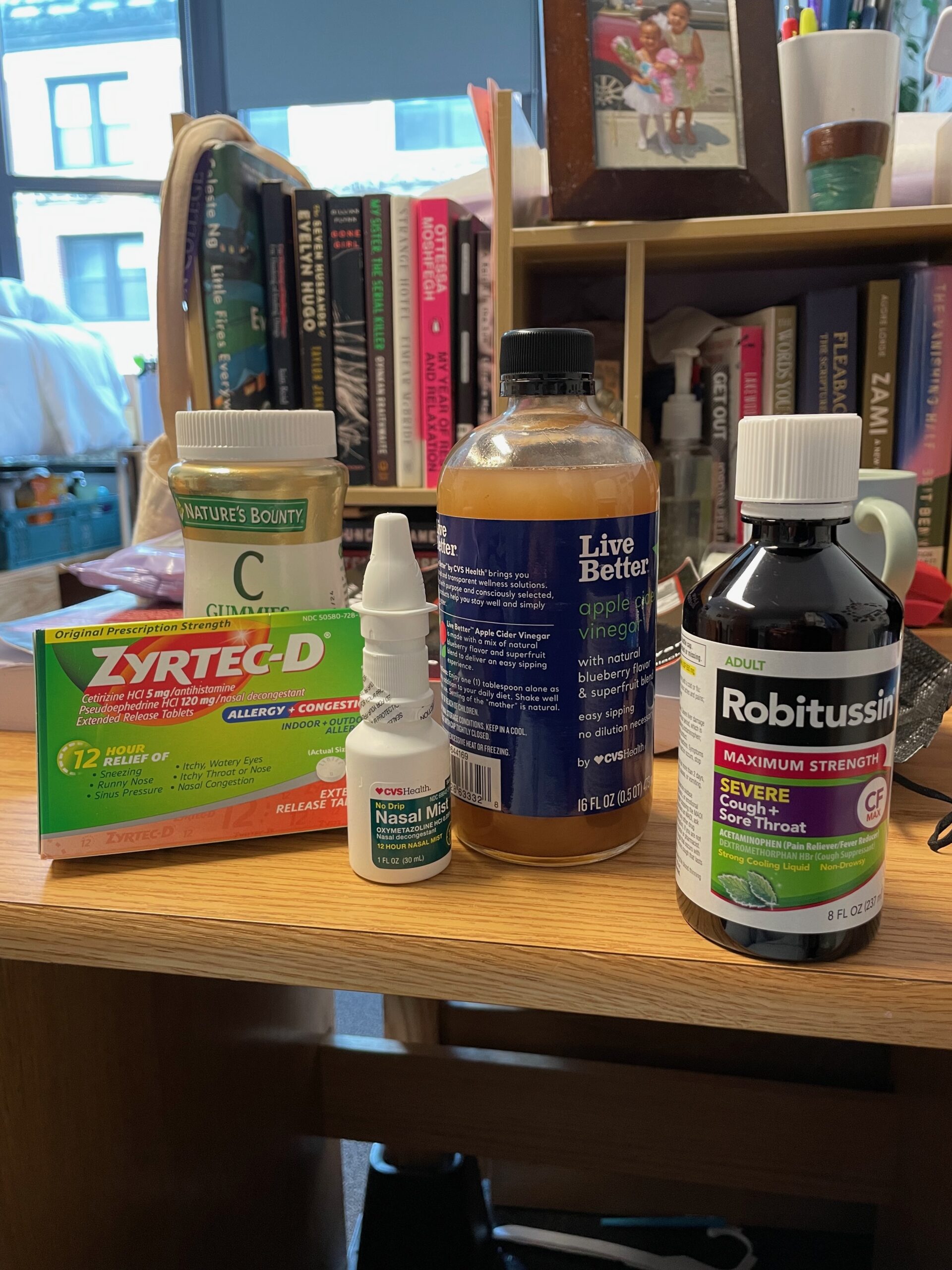
I fell ill on a Friday and had a mandatory dance rehearsal on Sunday and a paper due on Monday. I was already stressed to tackle this workload as it was, so my sickness only caused more anxiety for me to manage. I decided to take all day Saturday to rest, drink plenty of fluids, and take some medication. Then, by Sunday I’d be able to go to my rehearsal and write my paper for Monday. I spent my Saturday in bed trying my hardest to rest, but my mind couldn’t stop racing about all of the things I’d have to tackle on Sunday. I tried to ignore it by reading or watching movies, but as the day went on my stress built and built. After my attempt at a day of rest, I woke up on Sunday better, but nowhere near perfect. I got up early to write my paper before rehearsal to ease my anxious mind. I worked so hard I forgot to eat breakfast and by the time it was lunch time I had to run off to dance. I danced for three hours, then had a quick dinner before I went home and revised my paper all night.
My eyes barely cracked open Monday morning. I rolled over and groaned as my alarm went off. My roommate saw my rough condition and asked if I was ok. When I went to respond my throat burned with pain. I could barely croak out the word “No.”
Sickness, whether it be the freshman flu or strep throat, is unforgiving. It doesn’t reason, or accommodate, it demands your time and attention. Prioritizing work and school is important, but if you’re too sick to think straight you can’t prioritize anything. I learned the hard way that when rundown with sickness, the most important thing to do is take time for yourself. I spent that next week feeling a little bit better, then pushing myself to get up and work until I couldn’t anymore. Each time I’d force myself to get up and work, my anxiety about falling behind was soothed, but my health would get worse. What you have to understand is that resting and taking care of yourself is not a waste of time. If you don’t take the time to eat right, get proper rest, and prioritize your health, you won’t be able to do any of the things that are important to you. Your health always has to come first, when you’re rested and healthy you’ll be ready to deal with all of the challenges and obstacles college throws your way.
By Sidnie Paisley Thomas
Sidnie is a Sophomore at Emerson College in Boston studying creative writing and post-colonial literature. In her free time, you can find her hitting up her local thrift store, playing her favorite records, or reading a new book.
For over 20 years, the Campus Clipper has been offering awesome student discounts in NYC, from the East Side to Greenwich Village. Along with inspiration, the company offers students a special coupon booklet and the Official Student Guide, which encourages them to discover new places in the city and save money on food, clothing, and services.
At the Campus Clipper, not only do we help our interns learn new skills, make money, and create wonderful e-books, we give them a platform to teach others. Check our website for more student savings and watch our YouTube video showing off some of New York City’s finest students during the Welcome Week of 2015.
